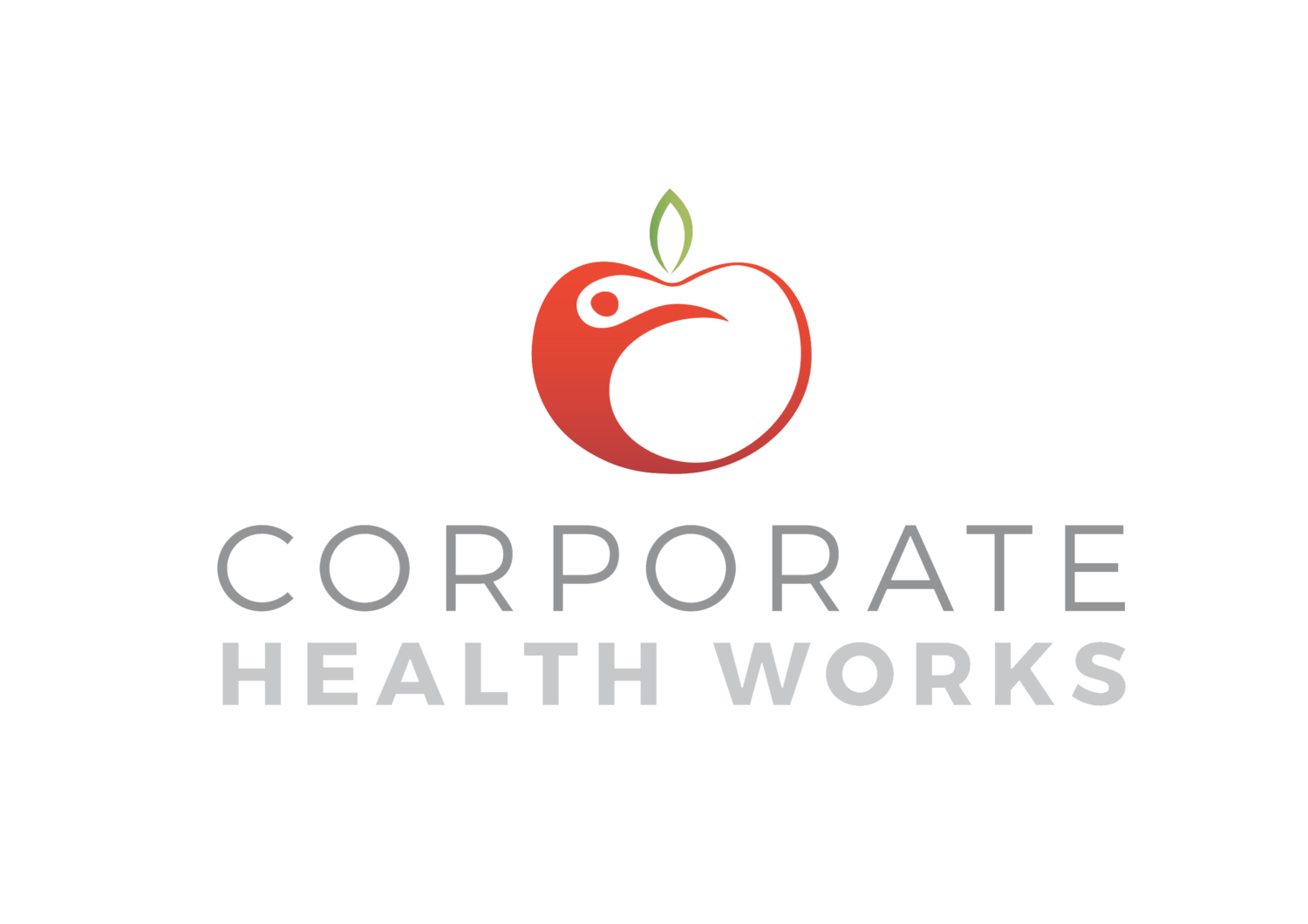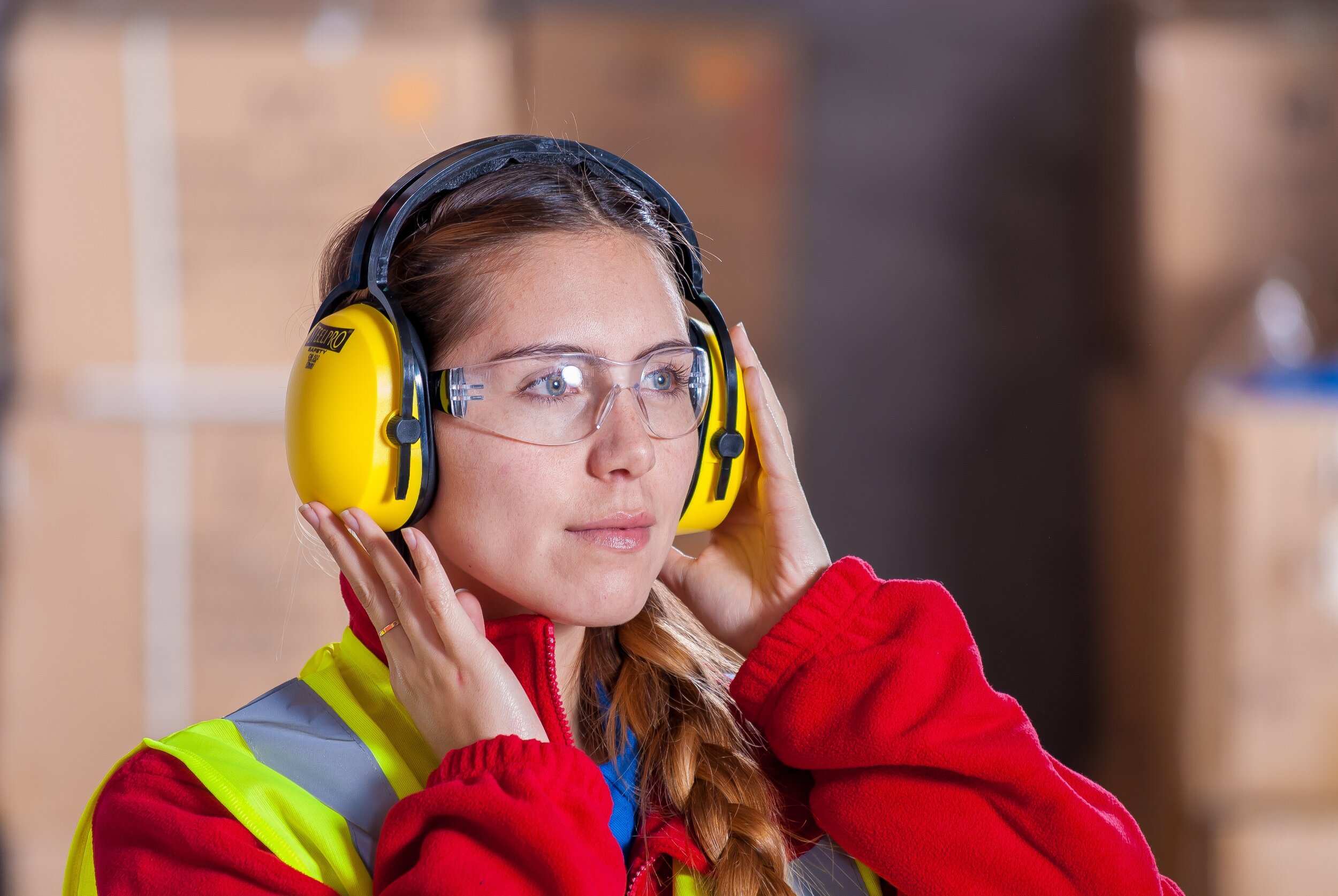Screening & Testing
Corporate Health Works has the tools and experience to help your company quantify potential hazards and recommend measures to be taken to help comply with regulatory requirements and assist in keeping your workers healthy. Our Occupational Hygienist has many years of experience working with companies to develop practical solutions to a wide range of problems. We can perform exposure assessments on a wide range of hazards such as noise, silica and welding fumes. We also provide screening programs for workers to help detect early signs of occupational illness. Contact Corporate Health Works to discuss your sampling and testing needs.
air quality testing
Air quality monitoring and chemical hazard assessments, we provide testing services for:
Welding fumes
CO, CO2, NO2
Silica and respirable dusts - particulates
Indoor Air Quality - IAQ studies
Compressed Breathing Air (CBA)
Volatile organic compounds (VOC)
Our hygienist is a member of the American Industrial Hygiene Association, and Registered with the Canadian Registration Board of Occupational Hygienists.
lung function testing
Corporate Health Works provides screening for the lung health of companies working in Manitoba.
Workers within certain occupations or industries may be at risk of developing lung problems due to the nature of their jobs and the conditions under which they work. For these workers and companies that employ them Corporate Health Works provides:
Onsite spirometry testing performed at the worksite or in our offices.
A qualified medical doctor experienced in occupational medicine to interpret spirometry results, as well requisition chest X rays for your workers and recommend appropriate follow up as needed.
Reports to the company’s medical contact, or to the employee and employee’s personal physician.
respirator fit testing
Part 6 of the Workplace Safety and Health Regulations requires that respiratory protective equipment be selected, used and maintained in accordance with the CSA Standard CAN/CSA-Z94.4, Selection, Use and Care of Respirators. Because a respirator can only be effective if it properly fits the user, the Standard describes requirements for respirator fit testing.
We provide a selection of qualitative and quantitative fit testing methods that comply with the CSA Standard and Regulation and ensure that respirator users are protected from airborne hazards at work. The fit testing can be conducted on site or in our office in Winnipeg. Several employers have begun to utilize our ability to provide pre-employment audiometry and respirator fit testing in a one-stop shop.
While conducting fit testing, we take our time with individual respirator users to review necessary user seal checks as applicable. We can also assist in the training of workers and those who are selecting respiratory protective equipment.
noise exposure assessment
Noise exposure assessments evaluate employees’ exposure to damaging noise. This exposure data can then be used to:
produce a “noise map” of the workplace;
identify those areas in which the noise levels can or should be reduced; and
determine the areas in which hearing protection must be offered to the employees and those areas where hearing protection is mandatory.
Noise exposure levels in the workplace are measured with personal dosimeters to determine time weighted average exposure levels for noise-exposed workers. Policies regarding the Hearing Conservation Program are based on these average exposure levels.
We also use sound level meters to measure ambient noise levels generated by specific machinery and work procedures. These measurements indicate where the highest levels of noise are generated, and provide good starting points when considering engineering controls to lower noise levels.
audiometric testing
Part 12 of Manitoba’s Workplace Safety and Health Regulation deals with Hearing Conservation in the workplace.
The regulation requires that employers take measures to reduce noise exposure to employees and provide protection and education for employees to prevent noise-induced hearing loss.
The success of a Hearing Conservation Program is measured by means of annual audiometry (hearing testing). Additionally, the regulation requires that companies establish baseline audiometric records for noise-exposed workers within the first 70 days of hire. During the baseline audiometric test, hearing health histories are obtained in interviews with employees. These include information regarding noisy hobbies, noisy work history, and information regarding hereditary and medical history relating to hearing loss.
Corporate Health Works is the largest provider of workplace hearing testing services in Manitoba, we employ six licensed Industrial Audiometric Technicians and provides hearing conservation services to a growing number of Manitoba companies. We use a variety of methods to conduct on-site audiometric testing, including portable and collapsible booths, full size booths and a booth equipped mobile trailer. We are also capable of conducting hearing tests in our office. We look forward to leading the industry over the next 30 years.






